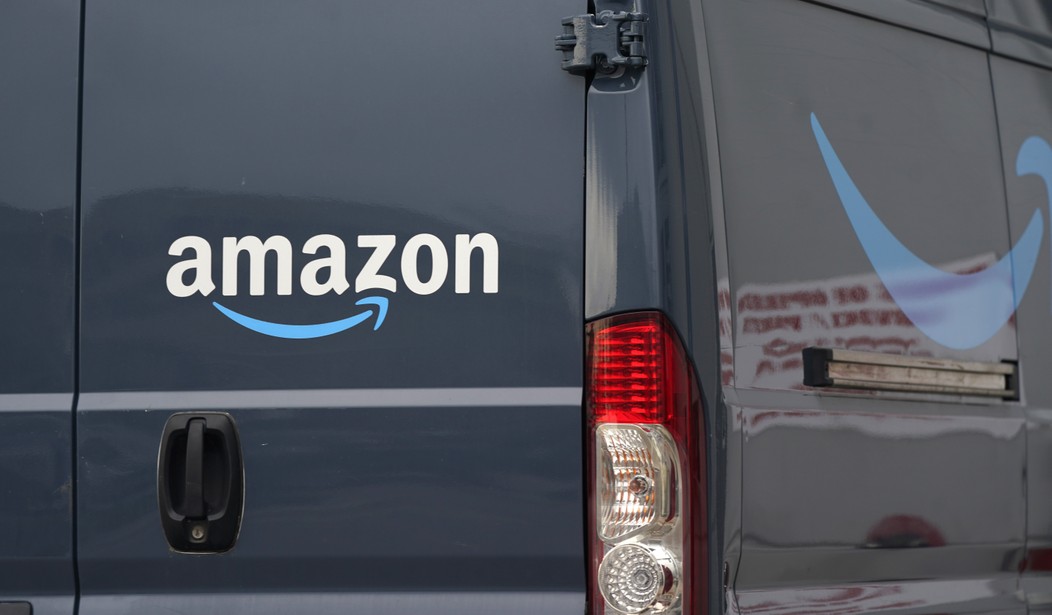The Senate Judiciary Committee made an odd move out of the gate this year, passing an enormously consequential antitrust bill aimed at a handful of the biggest U.S. tech companies in spite of bipartisan agreement that the bill isn’t ready for primetime. Not only will this bill fail to help consumers by “reining in Big Tech,” but it could also hurt them by detracting from U.S. global competitiveness.
Concerns that the legislation, the American Innovation and Choice Online Act (AICOA), S. 2992, might threaten U.S. global tech leadership came from as ideologically diverse a crop of lawmakers as Senators Coons (D-DE), Feinstein (D-CA.), Cornyn (R-TX), Tillis (R-NC), and Lee (R-UT). Feinstein warned “I’m concerned that this is going to be very dangerous legislation; it may end up giving a competitive advantage to other large, global businesses that narrowly escape being regulated by the bill.”
AICOA is merely one of a salvo of antitrust reform proposals specifically structured to encompass only the largest U.S. tech companies — Apple, Google, Facebook, Amazon, and Microsoft — with the explicit goal of restricting their actions in the competitive marketplace. By making it illegal for these companies to treat their own products preferentially on their own platforms, to limit access to those platforms by competitors, and to withhold data gathered therein, supporters claim this bill would create a “fairer” competitive environment for up-and-coming rivals in the digital economy.
What the bill would actually accomplish would be to break a lot of the sophisticated integrations that made these companies’ products desirable to consumers in the first place. Ironically, this would likely harm many of the smaller third-party sellers, app developers, and advertisers who have been able to use the Big Tech platforms for their own gain. Without a doubt, AICOA would harm the companies it is enforced against, both in terms of the revenue lost from not being able to preference their own products, and the cost of the litigation the bill would unleash.
Recommended
Although economic evidence is thin at best that such a crackdown is either necessary or desirable, its supporters justify whatever collateral damage may ensue by citing concerns that the companies have simply become too big and powerful. Yet there is in fact vigorous competition in the tech industry not only among the largest platforms themselves, but from both foreign and domestic competitors. The fate of such formerly giant tech firms as Yahoo, MySpace, and AOL serve to remind today’s top firms to keep innovating or else be overtaken.
Crucially, the U.S. relies far more heavily upon the private sector than the government to invest in research and development, and the exact tech companies being targeted by these proposals in Congress are among the most prolific investors in R&D as a percent of their revenue. Tens of millions of dollars spent fending off antitrust litigation, in addition to however much revenue lost adapting to everything the new legislation bans, means less money these companies are able to dedicate towards cutting-edge research in artificial intelligence, autonomous vehicles, drones, quantum computing, AR/VR tech, and more.
Meanwhile, China is on pace to catch up with the U.S. in R&D funding, while Chinese companies like Tencent and Alibaba have ballooned into becoming among the largest tech companies by market share. This has caused even some prominent defense and intelligence officials to caution against radical shifts in competition policy, noting that regulations that kneecap U.S. tech companies stand to benefit China, to the detriment of our global leadership in tech innovation and of our national security.
U.S. dominance in advanced technology hasn’t been a coincidence, but rather a byproduct of pro-innovation economic policies that allowed the creation of the most successful companies by value in modern history. Attempting to govern competition in these markets according to a European model that values competition for its own sake over innovation and consumer welfare invites the sort of relative stagnation that has affected other more heavily regulated industries.
Even those who believe that the Big Tech companies need more scrutiny and regulation would do well to step back and consider the likely consequences of the bills currently being touted as a remedy to their concerns. Whatever ephemeral benefit is supposed to accrue from anti-consumer legislation like AICOA will be little consolation if it allows the prosperity that comes with leadership in the digital economy to move overseas.

























Join the conversation as a VIP Member